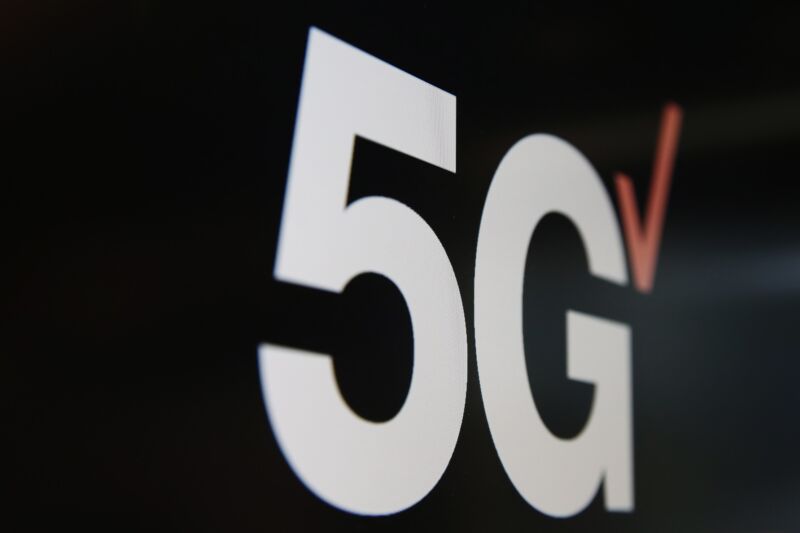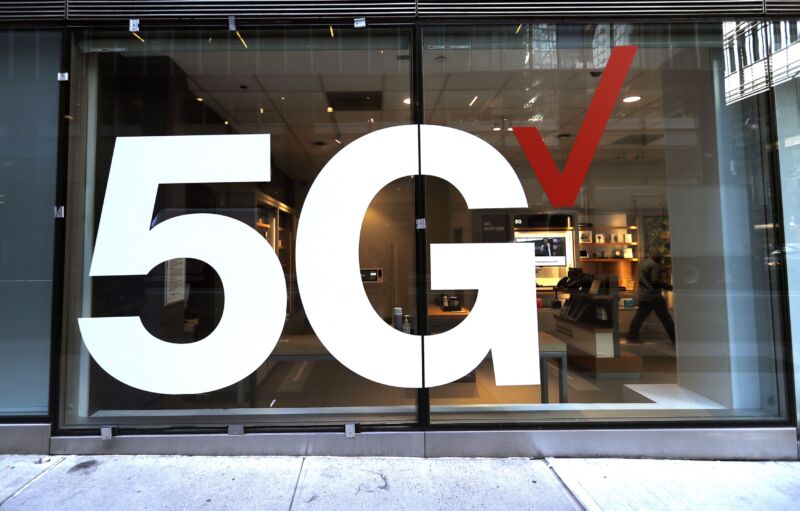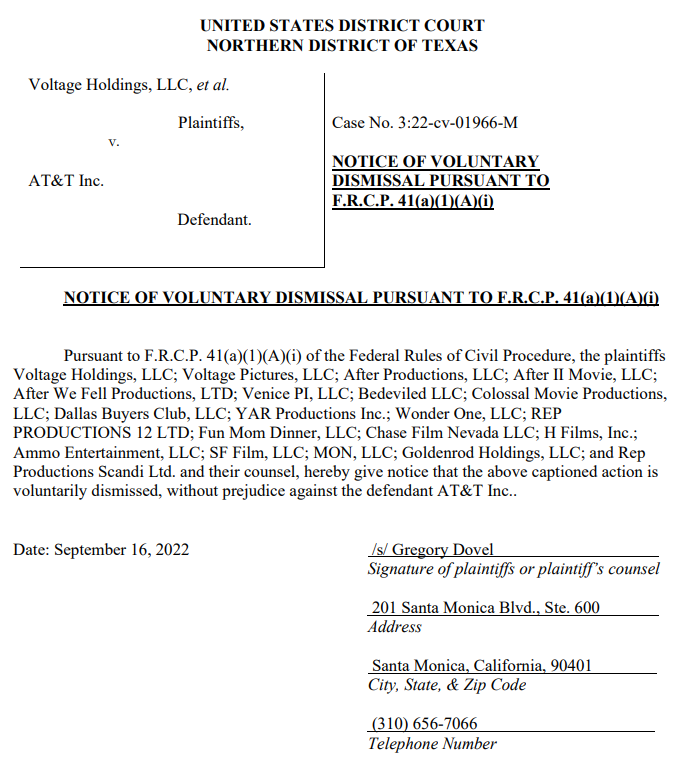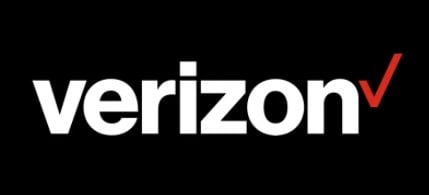 In 2019, a Virginia jury ordered Internet provider Cox Communications to pay a
billion dollars in damages
to record labels including Capitol Records, Warner Bros, and Sony Music.
In 2019, a Virginia jury ordered Internet provider Cox Communications to pay a
billion dollars in damages
to record labels including Capitol Records, Warner Bros, and Sony Music.
The plaintiffs alleged that by failing to terminate subscribers that had been accused of copyright infringement multiple times, Cox failed to meet its obligations under the DMCA.
The decision is being appealed but in the meantime other ISPs face similar allegations, including
AT&T
and
Verizon
, who were sued earlier this month.
Both of these lawsuits were filed by Voltage Pictures and several movie industry affiliates, together behind movies such as “After We Collided,” “Dallas Buyers Club,” “Room 203,” and “The Bird Catcher”. This week, the same companies filed yet another lawsuit, this time targeting the largest broadband company in the United States.
Lawsuit Accuses Comcast of Copyright Infringement
In general terms, the new lawsuit filed against Comcast is almost a direct copy of those filed against Verizon and AT&T. It alleges that the ISP can easily take action to prevent piracy carried out by its customers using BitTorrent networks. All it has to do is terminate their subscriptions.
“Comcast can stop providing internet services to a customer at any time. It can stop providing internet services to customer accounts that repeatedly use its services for piracy. And Comcast doesn’t have to find these repeat offenders itself — copyright holders like Voltage already do that for Comcast, by sending copyright infringement notices. But Comcast does not take this simple step,” the lawsuit alleges.
The filmmakers say that Comcast doesn’t terminate repeat infringers because their business is lucrative. Each customer account returns between $400 and $1,000 in additional profits and when combined, these accounts add tens of millions of dollars to Comcast’s bottom line.
More Than 250,000 DMCA Notices Sent to Comcast
The plaintiffs say that third parties (Comcast subscribers) are responsible for downloading torrents from sites including RARBG, 1337x, The Pirate Bay, YTS, and the less-well-known Russia-focused torrent site seleZen.
By joining torrent swarms and sharing their movies, the plaintiffs say that Comcast subscribers reproduced, distributed, publicly displayed, and publicly performed copyright works without permission from the rightsholders.
The plaintiffs say that evidence of this infringement was captured by Maverickeye, a company well known for its involvement in ‘copyright-trolling’ cases against single BitTorrent users. Over the past three years, the German-based company logged hundreds of thousands of infringements carried out by Comcast users, the plaintiffs say.
The movie companies say they notified Comcast of these infringements in more than 250,000 DMCA notices.
Failure to Terminate Repeat Infringers
Despite receiving more than a quarter of a million copyright notices, Comcast failed to take action against its allegedly infringing customers, the lawsuit claims.
“Comcast failed to terminate the accounts associated with these IP addresses or otherwise take any meaningful action in response to these Notices. Comcast often failed to even forward the Notices to its internet service customers or otherwise inform them about the Notice or its content,” the plaintiffs say.
“Instead, Comcast continued to provide the internet access and services necessary for users to commit further online piracy. Comcast continued to provide access to the internet from the IP addresses that infringers used to pirate movies.”
The complaint highlights several instances of particularly egregious conduct. One particular IP address was reported 782 times for infringement, another 626 times. Two IP addresses had 609 and 532 copyright infringements logged against their respective accounts, with several others having a minimum of 373 complaints filed against theirs.
Comcast does have a published repeat infringer policy but the lawsuit claims that the company’s failure to terminate repeat infringers means that it no longer enjoys safe harbor from liability under the DMCA.
“Comcast only counted the DMCA notifications regarding a customer account in each month, rather than counting total DMCA notifications. Under this policy, Comcast did not terminate an account that had a very high number of infringements over several months, but not in any one month,” the lawsuit notes.
Several Types of Copyright Infringement
Due to the alleged inaction of Comcast, the plaintiffs claim that the defendants are liable for contributory and vicarious copyright infringement. These claims alone could run to many millions of dollars in damages.
Due to the plaintiffs’ Copyright Management Information (CMI) being removed or altered in movie files distributed via BitTorrent by Comcast customers, the ISP is also liable for contributory and vicarious violations under the
§1202(a)(b)
of the DMCA, the complaint adds.
The plaintiffs demand actual or statutory damages and an order that compels Comcast to implement a repeat infringer policy that terminates the accounts of repeat infringers.
In common with the plaintiffs’ lawsuits against AT&T and Verizon, the complaint demands an order that compels Comcast to block access to pirate sites listed in the USTR’s Notorious Foreign Markets report. These include YTS, The Pirate Bay, RARBG, and 1337x.
The filmmakers’ complaint filed against Comcast at the District Court of the Eastern District of Pennsylvania is available
here
(pdf)
From:
TF
, for the latest news on copyright battles, piracy and more.
 chevron_right
chevron_right








 (@GLKCreative)
(@GLKCreative)



